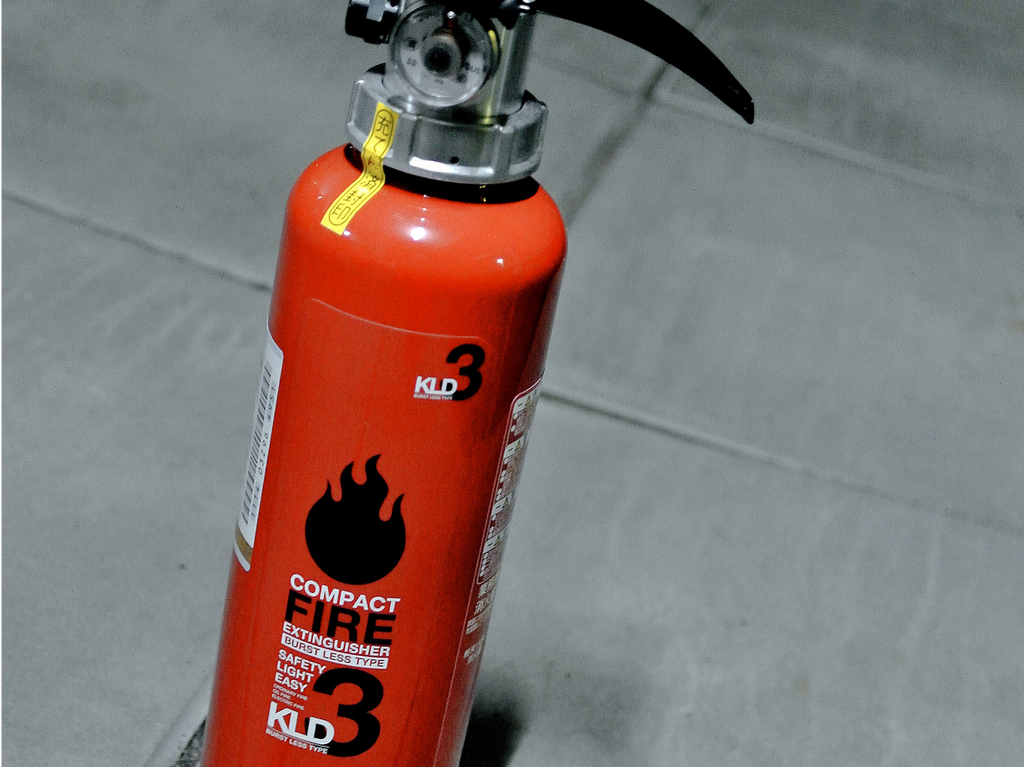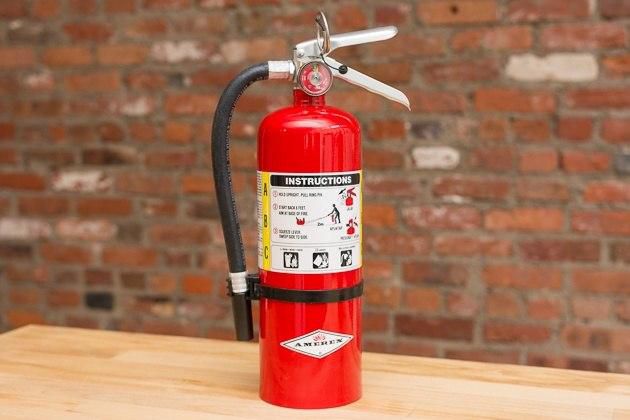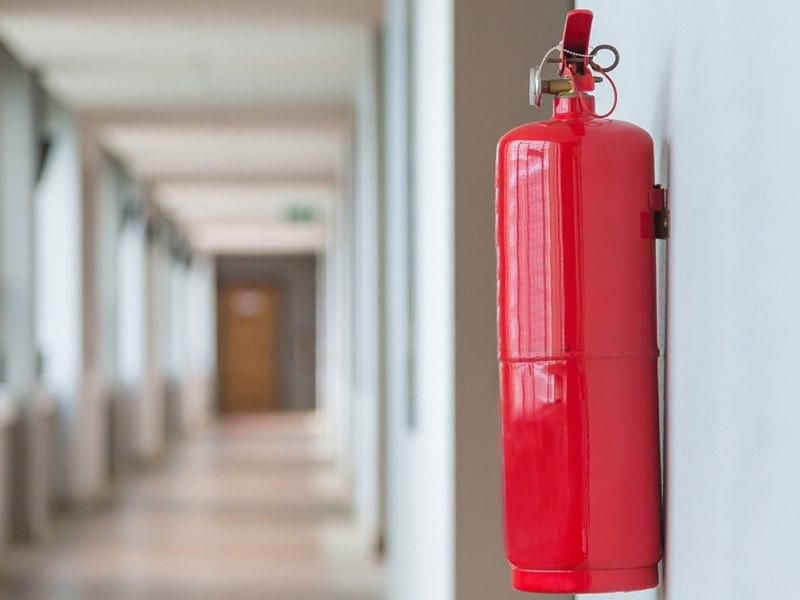10 important things to consider before getting a fire extinguisher
)
In the realm of safety and emergency preparedness, owning a fire extinguisher is as crucial as having a first-aid kit. It's a fundamental tool that stands between a minor fire incident and a potential disaster.
However, not all fire extinguishers are created equal, and selecting the right one can be the difference between effectively managing a fire and exacerbating the situation.
Before making a purchase, it’s essential to consider several factors to ensure that the fire extinguisher you buy is not only effective but also suitable for your specific needs.
Here’s a comprehensive guide to making an informed decision when buying a fire extinguisher.
Things to consider when purchasing fire extinguishers
1. Understand the types of fires
Fires are classified into five main categories—A, B, C, D, and K—based on the materials that are burning.
It’s crucial to understand these classifications because different fire extinguishers are formulated to combat different types of fires.

Different types of fires
- Class A Fires involve common combustible materials such as wood, paper, cloth, and some plastics. These fires are the most common and can typically be extinguished with water or monoammonium phosphate.
- Class B Fires are fueled by flammable or combustible liquids like gasoline, oil, grease, and paints. Water can spread these substances; thus, extinguishing agents such as foam, carbon dioxide, or dry chemical powders are used.
- Class C Fires involve electrical equipment and require non-conductive extinguishing agents to prevent electrocution. Once the electrical source is removed, the fire can be treated like a Class A or B fire, depending on the material that’s burning.
- Class D Fires involve combustible metals such as magnesium, titanium, aluminum, and potassium. These fires require special dry powder agents that smother and cool the flames.
- Class K Fires are kitchen fires involving cooking oils and fats. They are extinguished using wet chemical agents that react with the oil to create a foam layer, cooling and smothering the fire to prevent re-ignition.
Fire extinguishers come in various sizes, and while a larger extinguisher might seem more effective, it’s important to consider who will be using it. Heavier extinguishers might be difficult for some people to handle, making them less effective in an emergency. Balance the need for extinguishing capacity with ease of use.

3. Look for certification
Always opt for a fire extinguisher that has been tested and certified by recognized standards organizations.
In many countries, this means looking for a seal from an organization like Underwriters Laboratories (UL) or a similar body. Certification ensures the extinguisher meets specific safety and performance standards.
4. Examine the extinguishing agent
Different fire extinguishers use different extinguishing agents—water, foam, dry chemical, carbon dioxide, etc. The agent should be appropriate for the fire risks in your home or workplace. For instance, water extinguishers are ineffective against grease fires and can even worsen the situation.
5. Maintenance and inspection
Before buying, consider the maintenance each type of extinguisher requires. Some need to be inspected and serviced by professionals regularly, while others are disposable.
Check the manufacturer’s guidelines to ensure you comply with maintenance requirements to keep the extinguisher in working order.
6. Ease of use
In an emergency, simplicity and speed are key. Look for fire extinguishers with clear instructions and easy-to-use mechanisms.
It’s advisable to familiarize yourself with its operation—many local fire departments offer training sessions.

7. Placement and accessibility
Consider where the fire extinguisher will be placed before buying. It should be easily accessible in an emergency, not tucked away in a hard-to-reach spot.
You might need more than one extinguisher depending on the size and layout of the area you're protecting.
8. Cost vs. value
While cost is an important factor, it shouldn’t be the sole consideration. Investing in a slightly more expensive extinguisher that better meets your needs is more prudent than choosing a cheaper model that might fail when you need it most.
9. Warranty and support
Check if the fire extinguisher comes with a warranty and what it covers. Good customer support can also be invaluable, especially when you need advice on maintenance or replacement.
10. Recyclability and environmental impact
Some extinguishers contain chemicals that are harmful to the environment. If sustainability is a concern for you, look for options with eco-friendly agents and recyclable materials.
Purchasing a fire extinguisher is a significant step toward ensuring safety in any environment.
This content was generated by an AI model and verified by the author.
)
)
)
)
)
)
)
)

,fit(112:112))
)
)
)
)
,fit(112:112))